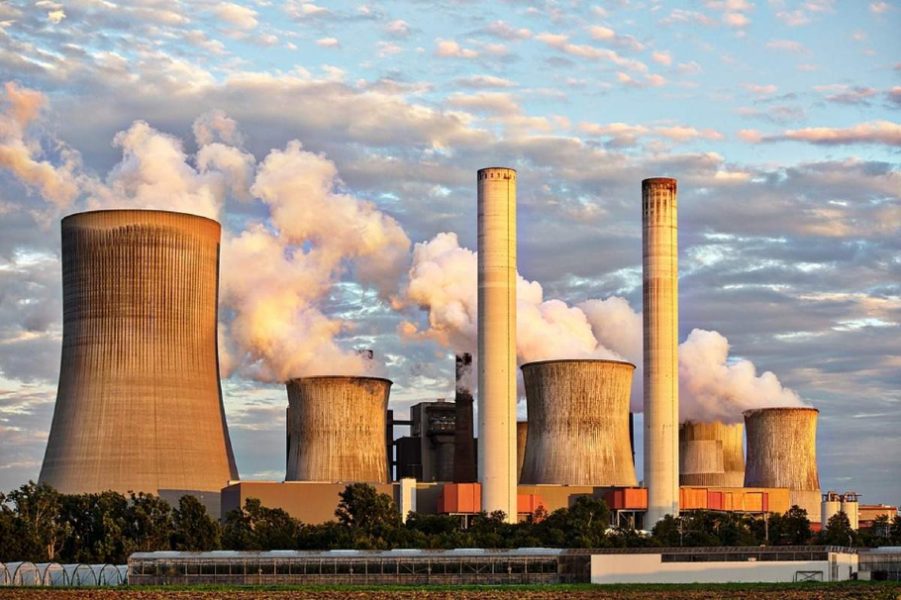
Power crisis: Centre tell imported coal-based plants to fire up at full capacity
Centre invokes Section 11 of Electricity Act, under which it can, in extraordinary circumstances, ask a power generating company to operate and maintain any station in accordance with its directions

The Centre has asked all power plants using imported coal to generate power at full capacity to meet the unprecedented demand triggered by the early summer in the country, according to an Economic Times report.
Invoking Section 11 of the Electricity Act, the government hopes to bring in an additional 7 GW of power from plants such as Essar Power, Coastal Energen in Gujarat, Andhra Pradesh and Tamil Nadu.
The energy demand in India has surged from 106.6 GW per month in 2019 to 132 GW per month In 2022. According to some estimates, this is expected to hit around 220 GW in the summer months.
Several states are undergoing long power cuts, especially in rural areas, ranging around 4-8 hours as temperatures rose earlier than normal, triggering extreme heatwave.
Also read: ‘Totally unprepared’: Chidambaram attacks Centre over power crisis
India has 17,600-MW imported coal-based power plants but these have been hit by shortage of coal and lack of proper compensation for imported coal, whose prices have hit $140 per tonne. As such, only 10,000 MW worth energy was being produced from these plants.
The Centre has now invoked Section 11 of the Electricity Act under which it can in extraordinary circumstances ask a power generating company to operate and maintain any station in accordance with its directions.
The power generated would be sold first to power distribution companies or states with whom the generating companies have power purchase agreement (PPA). If the PPA holders are not willing to buy, the generating companies can sell power in the power exchange.
“With this order, any state including Gujarat and Rajasthan can buy power from exchanges while the commercial issues can be resolved later. This will help in increasing electricity availability in the country,” a senior government official was quoted as saying by the ET report.
The tariffs will be worked out by a committee constituted by the ministry of power, the Central Electricity Authority and the Central Electricity Regulatory Commission.
On the other hand, the power ministry has also issued notification that directs power distribution companies to supply 24×7 power to cities with more than 1 lakh people, in order to curb the use of polluting diesel generators which are used as a backup in case of power failure.
As per the sub-clause (6) of Electricity (Rights of Consumers) Amendment Rules, 2022, people using diesel generators as backup are required to move towards cleaner technology within five years based on reliable power supply timelines set by the state commissions.

